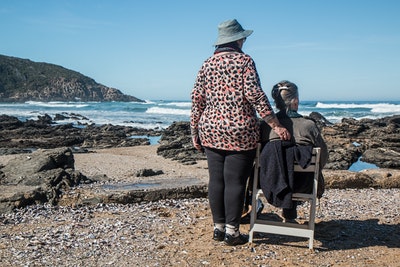Falls are the second leading cause of unintentional deaths worldwide and over 27,000 falls result in death every year. Fear of falling should not rule your life.
Here are some common risk factors:
- Climbing ladders or standing on unsteady chairs
- Rushing or not using mobility devices, such as a cane or walker
- Wearing poor fitting shoes
- Walking in non-skid or loose socks or in slippers without a sole
- Medical conditions, such as neurological, or cardiac
- Medications with falls as a side-effect (talk to your doctor)
- Poor mobility (inactivity), cognition, and vision
- Uneven, slippery, or irregular walking surfaces/stairs
- Discontinuous or poorly-fitted handrails
- Inadequate or excessive lighting
- Loose carpets, rugs, cords and/or electrical wires
The key to preventing falls is recognizing risks and taking necessary steps to avoid them. Begin your fall prevention plan by making an appointment with your doctor. Talk to your pharmacist or doctor about medications that may contribute to falls and get your eyes and ears checked yearly. Ask your doctor about what exercise is right for you. Physical activity can go a long way by improving your balance, mobility and reaction time. It can also improve your strength so you can stay independent. Exercising provides more energy to do the things you want to do and prevents or delays diseases such as heart disease, diabetes, and osteoporosis.
Keep your home hazard free. Make your home safer by removing boxes, newspaper, electrical/phone cords from hallways. Move coffee tables, magazines racks and plant stands from high-traffic areas. Clean spilled liquids, grease, or food immediately.
Article Provided by:
Wellness at Home 541-650-6200
www.WellnessAtHomeHealth.com








